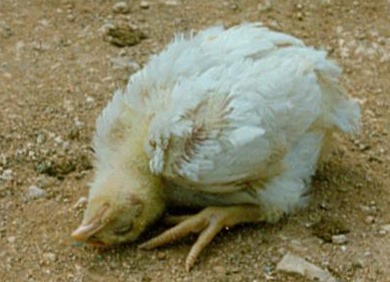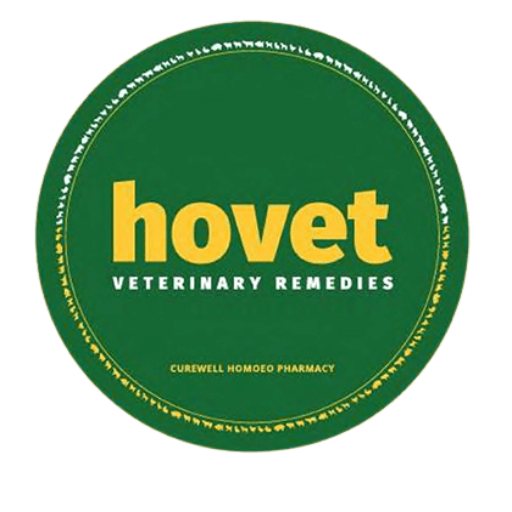
Homoeopathic treatment in Ranikhet Disease (New Castle Disease)
Ranikhet disease is a highly contagious disease
Causes:
Avian paramyxovirus 1 causes Ranikhet disease.
Types:
- Viscerotropic velogenic
- Neurotropic velogenic
- Mesogenic type
- Lentogenic type
- Symptomless new castle disease affecting intestine.
Transmission
Incubation period – 2 days to2 weeks.
– Feed contamination or by airborne transmission.
– Disease is spread at a lower rate by droppings.
– Labourers and farm personnel’s also act as transmitting agent of disease from one farm to another.
– In dead carcasses, viruses are alive for many weeks. Under wet storage, the virus survives for many years.
– In fecal droppings, survivability limits to month in room temperature.
Viscerotropic velogenic: per acute form affects all internal organs. Much changes are noticed in intestines.
Neurotropic velogenic: per acute form affects nervous system. Symptoms are seen in respiratory and nervous systems.
Mesogenic type: symptoms of respiratory and nervous systems are seen.
Lentogenic type: fewer symptoms are seen. Respiratory system is not much affected.
Symptoms
– In per acute type infected birds die without any symptoms.
– In intestine type, depression, respiratory system affection, dullness, debility and finally mortality are seen.
Dropping is greenish tinged.
Eyes and nose are edematous due to involvement of respiratory system.
Before mortality, muscle tremors, nervous system disturbances like torticolis, paralysis of wings and legs are observed.
Mortality reaches upto 100%.
– In nervous type, symptoms of respiratory tract and drop in egg production are seen.
Due to effect on egg shell, shell less eggs are noticed.
Diarrhoea is not common.
Morbidity rate is 100% and mortality rate is 50%.
– Mesogenic type, affects respiratory system. Drop in production and nervous system affection are common.
Mortality rate is less.
– Lentogenic type, does not cause disease ingrown up birds.
In young birds, it causes respiratory system disturbances.
Prevention
– Hygiene environment
– Spread of infection should be controlled.
– Fecal excreta get easily mixed in drinking water stored outside the farm premises without protection.
Homoeopathic mangement
Carbo veg: lack of reaction, apathy, indifference, sluggish, blueness, weak, air hunger, collapse- no recovery power
Veratrum album: general coldness, prostration, collapse, exhaustion of nerve power even to complete extinction.
Belladonna: sudden onset, violent attack, red hot skin, dry mouth with little thirst, over sensitivity of senses, dilated pupils.
Kali phos: nervous, sensitive, weak, and easily fagged, paralytic weakness, emaciation, sensation of paralysis.
Ars alb: nervous, anxious, weakness, emaciation, out of control prostration, trembling, jerking, sudden weakness, paralysis.
Dr. Keerthi MS
BHMS Consultant
Curewell Homoeo Pharmacy Pvt Ltd.
Aluva, Ernakulam, Kerala, India.
